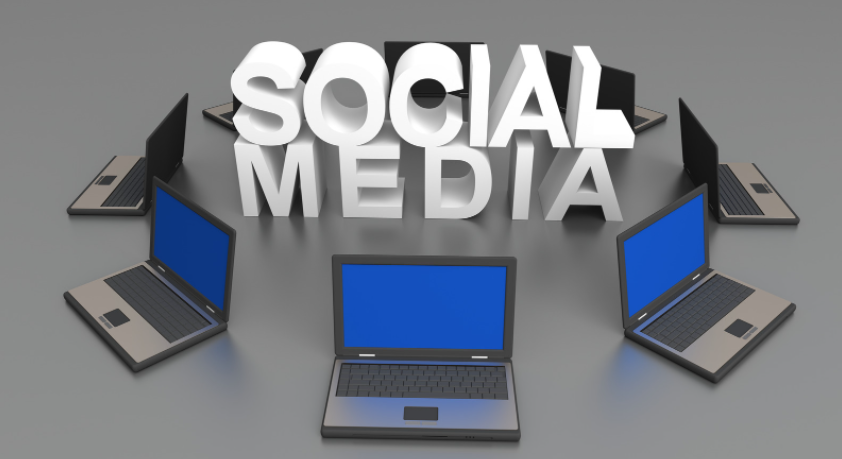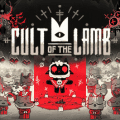Social Platforms Response to the War in Ukraine

Russian military invasion in Ukraine alarmed the global community. People around the world are thinking about how to help Ukraine, and whether invaders will stop there. Open aggression towards peaceful Ukrainian people can’t be justified or explained even by Russians themselves, and it looks like Russia does not want to stop with one country constantly moving borders.
Social media are overwhelmed by news and memes about the war. While an active community is eager to hear more news about the topic and find out the way to help Ukraine, scammers, and hackers are active as well. There is tons of misinformation and fake news about the war conflict. It is made specifically to confuse the audience and cover up the real events in Ukraine.
Social networks are trying hard to clean the space from misinformation. Some of them have active positions towards the war, others prefer to keep silent. Here is what was announced by popular social media:
-
Meta. Facebook became one of the most popular networks in this war. The world community keeps the connection with Ukrainians via the platform. Tons of information is flowing there, some from the conflict zone, others created by Russian hackers. There are 24 million users in Ukraine and 70 million users in Russia. Yet, the Russian government wants to cut the access to Facebook for its citizens, since they can access information from Ukraine and worldwide. Meta refuses to remove any information that is uncomfortable to Putin’s regime. Instead, the company declines the ads that are coming from Russian media, limiting the abilities of Russian authorities in the network. It opened a special center with Ukrainian and Russian speakers to monitor the information published in the network;
-
YouTube. YouTube responded to the war by restricting the information from media outlets owned by Russia to Ukrainians, on-demand of Ukraine. It also suspends monetization for different Russian channels. YouTube is deleting state channels of Russia from recommendations and limiting the uploads number around the social network;
-
Twitter. Twitter has banned the ads in both Russia and Ukraine to ensure that the information about public safety does not get in the wrong hands. It banned political ads as well. According to the company, it helps to clarify the situation. Additionally, it monitors tweets for possible disinformation. It removes the Russian affiliated media sites from recommendations, and put labels on them;
-
TikTok. Russians are highly active on TikTok. Some groups are spreading fake information. At the same time, Ukrainians use TikTok to reveal videos from the country as well. Some videos are fakes and spread by Russian hackers. There are videos from their previous war campaigns against Ukraine or Georgia. Many Russians created fake streams trying to bring disinformation to the world community. TikTok apparently wants to stay out of the conflict. It does not make any comments on the situation and ignores the potential danger of fake news spreading from the platform. This position is understandable since TikTok is owned by China’s company. China, in its turn, tries to remain neutral. Meanwhile, users consider this position as the TikTok War, since it offers the ability to reveal the video from both sides. Currently, the app blocked all Russian-located media outlets for EU users. You can still reach the content outside the EU.
Social Media Against Aggression
While not all social media equally support Ukrainian people, they continue to fight against fake news, restoring the truth. This is their personal answer to Russian aggression that is trying hard to send disinformation across the biggest social networks. If you have noticed activity on other social platforms, share it in the comments below. Which is your favorite social network?
Latest posts
See more-
![The Last of Us Part II: In-Depth Character Analysis and Storyline Exploration]() Editor’s Choice
2024-08-11
The Last of Us Part II: In-Depth Character Analysis and Storyline Exploration
The Last of Us Part II is an action-adventure video game that has gained significant popularity since its inception. Developed with immense creative prowess by...
Editor’s Choice
2024-08-11
The Last of Us Part II: In-Depth Character Analysis and Storyline Exploration
The Last of Us Part II is an action-adventure video game that has gained significant popularity since its inception. Developed with immense creative prowess by...
-
![CrossCode Developer Announces Alabaster Dawn, Enters Early Access in Late 2025]() News
2024-08-12
CrossCode Developer Announces Alabaster Dawn, Enters Early Access in Late 2025
In 2021, Radical Fish Games initially introduced a new action RPG titled Project Terra. Now, they have officially named it Alabaster Dawn and announced that...
News
2024-08-12
CrossCode Developer Announces Alabaster Dawn, Enters Early Access in Late 2025
In 2021, Radical Fish Games initially introduced a new action RPG titled Project Terra. Now, they have officially named it Alabaster Dawn and announced that...
-
![Alabaster Dawn Planned to Have 30-60 Hours of Playtime, Demo Launching in Early 2025]() News
2024-08-13
Alabaster Dawn Planned to Have 30-60 Hours of Playtime, Demo Launching in Early 2025
Radical Fish Games has made an exciting announcement regarding their upcoming action RPG, Alabaster Dawn, which is set to enter early access in 2025. In...
News
2024-08-13
Alabaster Dawn Planned to Have 30-60 Hours of Playtime, Demo Launching in Early 2025
Radical Fish Games has made an exciting announcement regarding their upcoming action RPG, Alabaster Dawn, which is set to enter early access in 2025. In...
Latest Reviews
See more-
![]() Action
Cult of the Lamb
Action
Cult of the Lamb
-
![]() Action
WILD HEARTS™
Action
WILD HEARTS™
-
![]() Casual
Gacha Club
Casual
Gacha Club
-
![]() Action
Call of Duty®: Warzone™ 2.0
Action
Call of Duty®: Warzone™ 2.0
-
![]() Action
Gacha Cute
Action
Gacha Cute
-
![]() Action
Cuphead - The Delicious Last Course
Action
Cuphead - The Delicious Last Course










